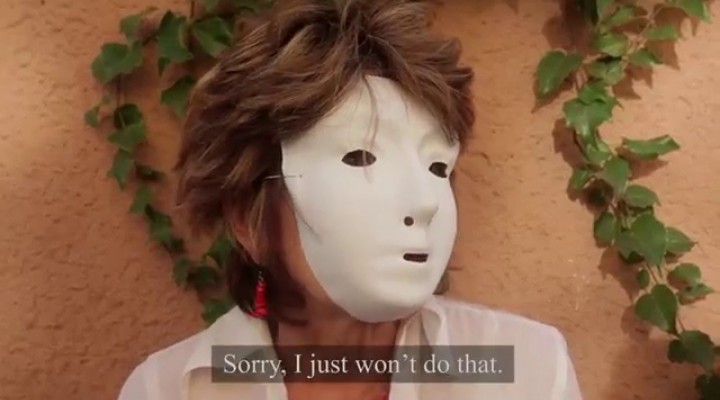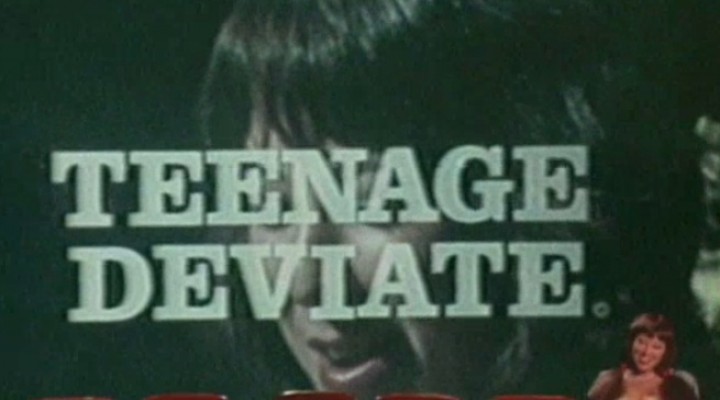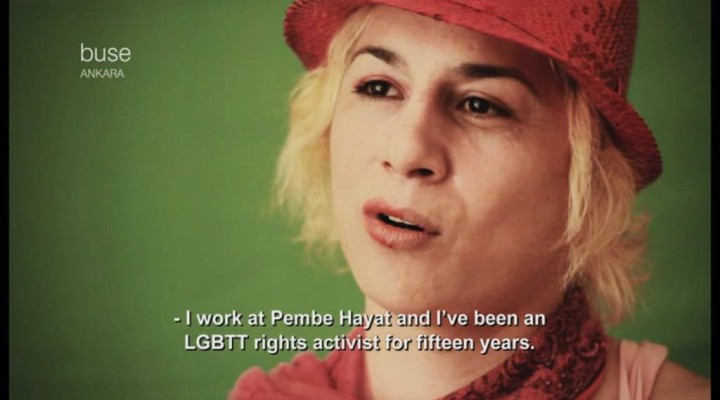International Women’s Rights Action Watch Asia Pacific (IWRAW Asia Pacific)
Transcript
00:06
This is my body. My blood. My flesh. These are all mine.
00:14
Only God and I should be concerned about them.
00:19
But in my country, my body and my soul belong to the government.
00:29
In our country, sex workers are criminalised.
00:33
Sex workers in Indonesia are stigmatised and discriminated against by the government.
00:41
Since sex work is criminalised in Nepal, we are compelled to deal with many complicated problems.
00:47
There are no rights for sex workers in Malaysia. So how are we supposed to work?
00:53
Sex work is still illegal in Lao PDR, and it is against the customs.
00:58
In most of the countries in our region, it is criminalised.
01:01
This impacts the sex workers and puts them in a dangerous system.
01:05
They face violence, stigma, and discrimination.
01:09
And many times we face violations of our human rights through the abuse of power.
01:16
In such a situation, there is great potential for an increase in violent activities.
01:23
Because of this, people have experienced a great deal of discrimination, violence, illegal arrests, and abuse.
01:34
Violent activities include police harassment, publication of photos and insensitive interviews by the media,
01:43
creating a difficult environment for them to live in their families and society.
01:49
Sex workers are seen as bad women. They’re seen as Indonesian society’s trash.
02:02
In many cases, a sex worker’s child will be stigmatised too.
02:06
I mean, many sex workers do not get accepted by their families after opting for this work. Neither do their children.
02:11
As citizens, we ask to be protected. However, to disclose our occupation as a sex worker is an issue.
02:17
Despite us being abused, being robbed, being raped.
02:19
It’s a problem for them because of the law.
02:24
People are making use of it only to get them arrested.
02:27
I’ve been arrested before for soliciting.
02:30
As the family breadwinner, once they are detained, their dependants have no rice to eat, no medicine and financial support, nothing!
02:44
I’ve heard stories of some of these girls getting their hair pulled, getting pushed down on the ground.
02:50
Especially in a patriarchal society, they don’t want us to exist. Hence, we have to challenge the root causes of these attitudes as well.
02:59
We sex workers are not criminals – do not categorise us as criminals.
03:09
Give full human rights to these sex workers and end the discrimination.
03:17
When sex work is decriminalised, if a sex worker is working for a bad boss, they can go and work somewhere else.
03:24
If I have unfair work conditions, there are mechanisms that I can access, without being arrested or penalised myself for being a sex worker.
03:35
And we’re able to prioritise occupational health and safety.
03:39
We want to work in a safe environment.
03:41
We want the same protection that workers in other industries have.
03:46
Decriminalisation is important because it would increase the accessibility of healthcare and legal support.
03:54
CEDAW made it easy for us to discuss and advocate on the issue of sex workers among the women’s rights activists and local bodies.
04:09
In the last two years, we at APNSW have started working in collaboration with International Women’s Rights Action Watch Asia Pacific (IWRAW AP)
04:17
to build the capacity of sex workers to understand CEDAW
04:21
and how to advocate and work at the country level.
04:25
Since our government has committed to CEDAW, they know their role and obligation.
04:47
We have held the government accountable on the CEDAW Report, and whether they have acted on and implemented the recommendations.
04:55
For a better life, we have to change the law and policy. At the same time, we have to change society’s perceptions too.
05:00
That is our goal.
05:03
If we decriminalise this, we will be treated with dignity and respect.
05:11
We just want the government and society to know that sex workers are human.
05:16
They also need protection. They are people who are working to support themselves and their families.
05:23
We want the CEDAW committee to better understand sex workers’ issues.
05:32
Now even meeting with the government, with whoever, or even doing advocacy abroad
05:38
I am no longer afraid because I speak the truth, advocating for myself and for the team.
05:46
People always talk about human rights, but the sex worker community, we are not getting equal human rights.
05:52
We are not asking for special human rights.
05:55
We are asking for what they already have in international policy – human rights for every human.
06:01
I just want the government to recognise that sex work is work.
06:08
Because sex work is work.
06:11
“Sex Work is Work!”





